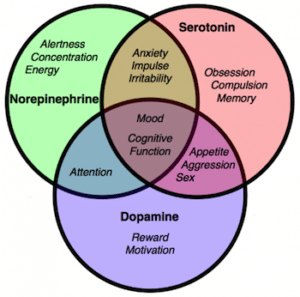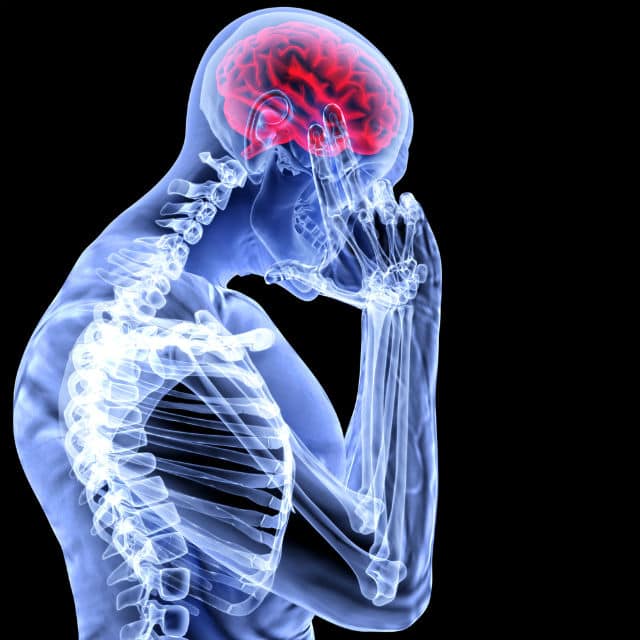How can I Manage my Anxiety with GABA?
What is GABA?
How is GABA related to my Anxiety? Gamma-aminobutyric acid (GABA) is a neurotransmitter within the body that is widely distributed throughout the central nervous system. GABA acts as the major inhibitory neurotransmitter in the brain.
Relevance of GABA to Anxiety and Mental Health
Low GABA levels are associated with a range of conditions affecting the nervous system, including anxiety, depression, insomnia, epilepsy, panic attacks and PTSD.
In these conditions, GABA-alpha receptor deficits have been found in some parts of the brain. Similarly, it has been found that people with depression exhibit decreased brain concentrations of GABA and alterations in GABA alpha receptors.
Synthesis of GABA
GABA is synthesised in tissues in the body from glutamic acid via the enzyme glutamic acid decarboxylase, with pyridoxal-5-phosphate (P5P) acting as a cofactor. P5P is the activated form of vitamin B6.
Outside of the central nervous system, GABA is synthesised by the microflora in the colon. This highlights the importance of gastrointestinal health, in particular its impact on the proper functioning of the nervous system and its relevance to conditions such as anxiety and depression.
Effects of GABA
GABA-alpha receptors regulate brain excitability and are responsible for GABA’s immediate synaptic inhibitory effects. Being the major inhibitory neurotransmitter, GABA can reduce over excitation in the brain during times of increased stress. Following its release from GABAergic nerve terminals, it acts on both GABA-alpha and GABA-beta receptors, with a net inhibitory effect.
Management of Anxiety
GABA can be prescribed as a supplement, targeting the receptors in order to produce an anxiolytic, analgesic or sedative effect. This generally works by modulating GABA-alpha receptor activity or inhibiting the reuptake of GABA by GABA transporter proteins. As a result, following supplementation of GABA, anxiety symptoms may be less sever and less frequent.
There are many contributing factors to anxiety. GABA prescribed as a supplement can complement an anti-anxiety protocol. In conjunction with a prescribed supplement, other important parts of an anti-anxiety protocol may include:
• Supporting proper functioning of the gastrointestinal system
• Following a nutritious diet, particularly rich in nutrients specific for optimal nervous system functioning (B3, B6, Mg, Fe, Zn, essential fatty acids)
• Mental health support with health professionals (Psychologist, GP)
• Techniques for stress management, relaxation or meditation
• Exercise or physical activity
• Healthy relationships and community involvement
If you would like support with managing your anxiety, depression or stress call our clinic on
9339 1999
to book an appointment with NatMed’s Clinical Nutritionist, Amy Lloyd.


